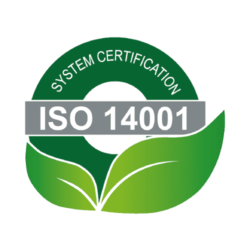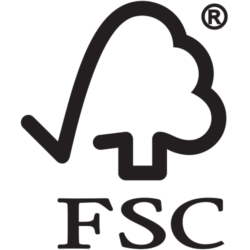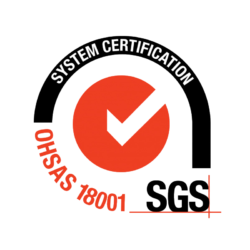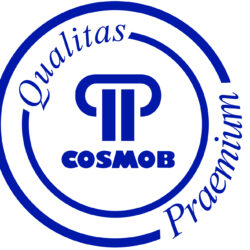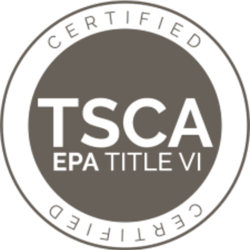
Can I trust Scavolini to be a sustainable company?
Scavolini is committed to sustainability and takes various initiatives to promote environmental responsibility in its operations and products. Here are some ways in which Scavolini contributes to a greener environment:

2. Energy Efficiency:
Scavolini is dedicated to energy-efficient manufacturing processes and designs. They employ technologies that minimize energy consumption in their production facilities, such as optimizing equipment and implementing energy management systems. In their products, Scavolini promotes the use of energy-efficient appliances and LED lighting, which consume less electricity and contribute to overall energy savings in households.

4. Eco-Friendly Coatings:
Scavolini uses water-based paints and coatings that have lower volatile organic compound (VOC) emissions compared to solvent-based alternatives. VOCs can have detrimental effects on air quality and human health. By utilizing eco-friendly coatings, Scavolini reduces the release of harmful emissions during the manufacturing and installation of their products. This promotes healthier indoor environments for homeowners.

6. Product Lifespan:
Scavolini places emphasis on creating durable products with a long lifespan. By manufacturing high-quality kitchen, bathroom, and living space solutions, Scavolini aims to reduce the need for frequent replacements. Longer product lifespans contribute to minimizing waste and conserving resources. Additionally, Scavolini offers maintenance and repair services to extend the lifespan of their products, promoting a sustainable approach to ownership.

1. Sustainable Materials
Scavolini prioritizes the use of eco-friendly and sustainable materials in their products. This includes responsibly sourced wood, such as FSC-certified wood, which ensures that the forests are managed sustainably and helps preserve biodiversity. Additionally, Scavolini selects materials with low environmental impact, such as recycled or recyclable materials, to reduce resource consumption and waste generation.
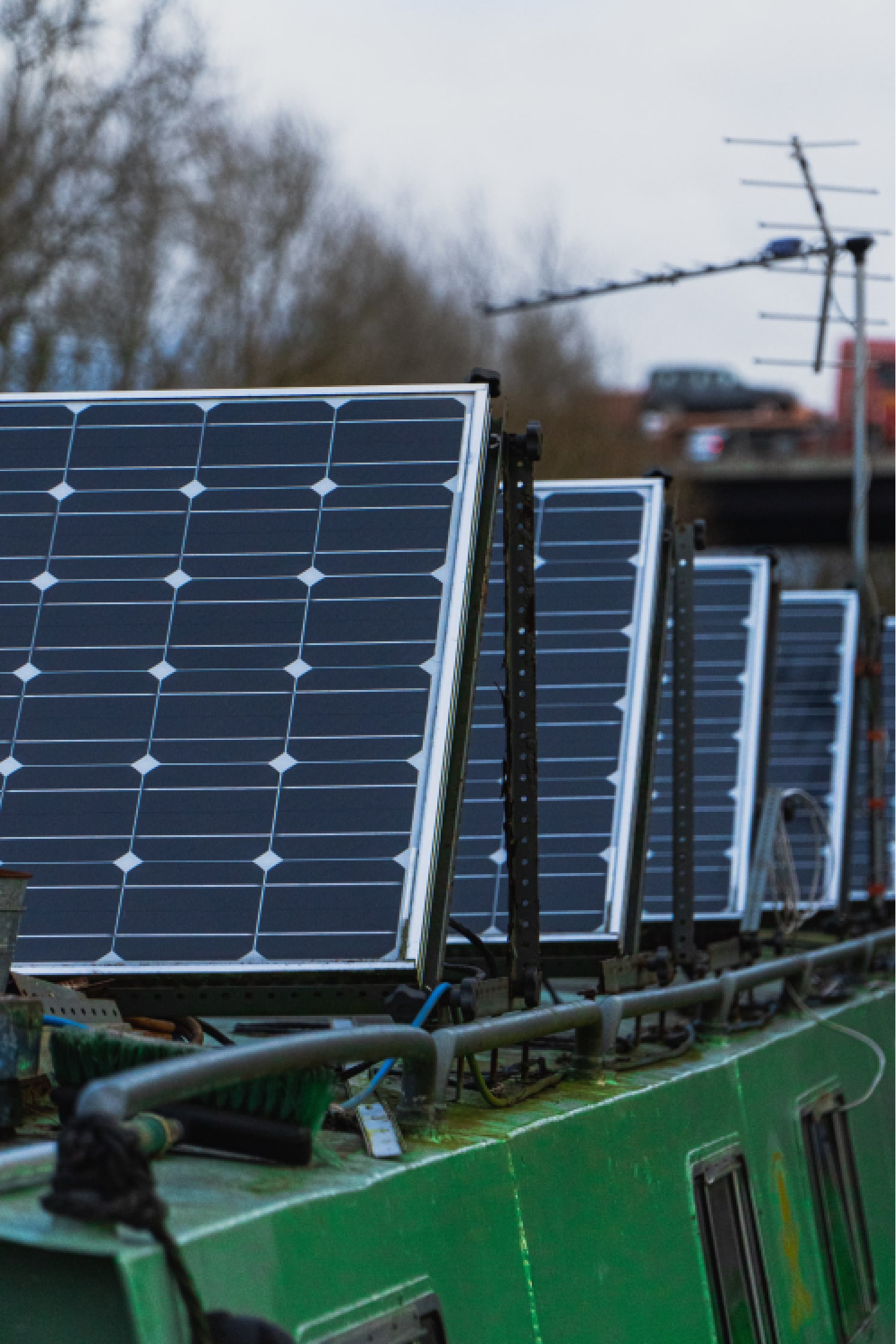
3. Waste Reduction:
Scavolini actively implements waste reduction strategies throughout their production cycle. They focus on optimizing material usage to minimize waste generation during manufacturing. By using advanced cutting and fabrication techniques, they strive to maximize the yield from raw materials and minimize leftover scraps. Additionally, Scavolini employs recycling programs to properly manage and repurpose waste materials, reducing the amount of waste sent to landfills.
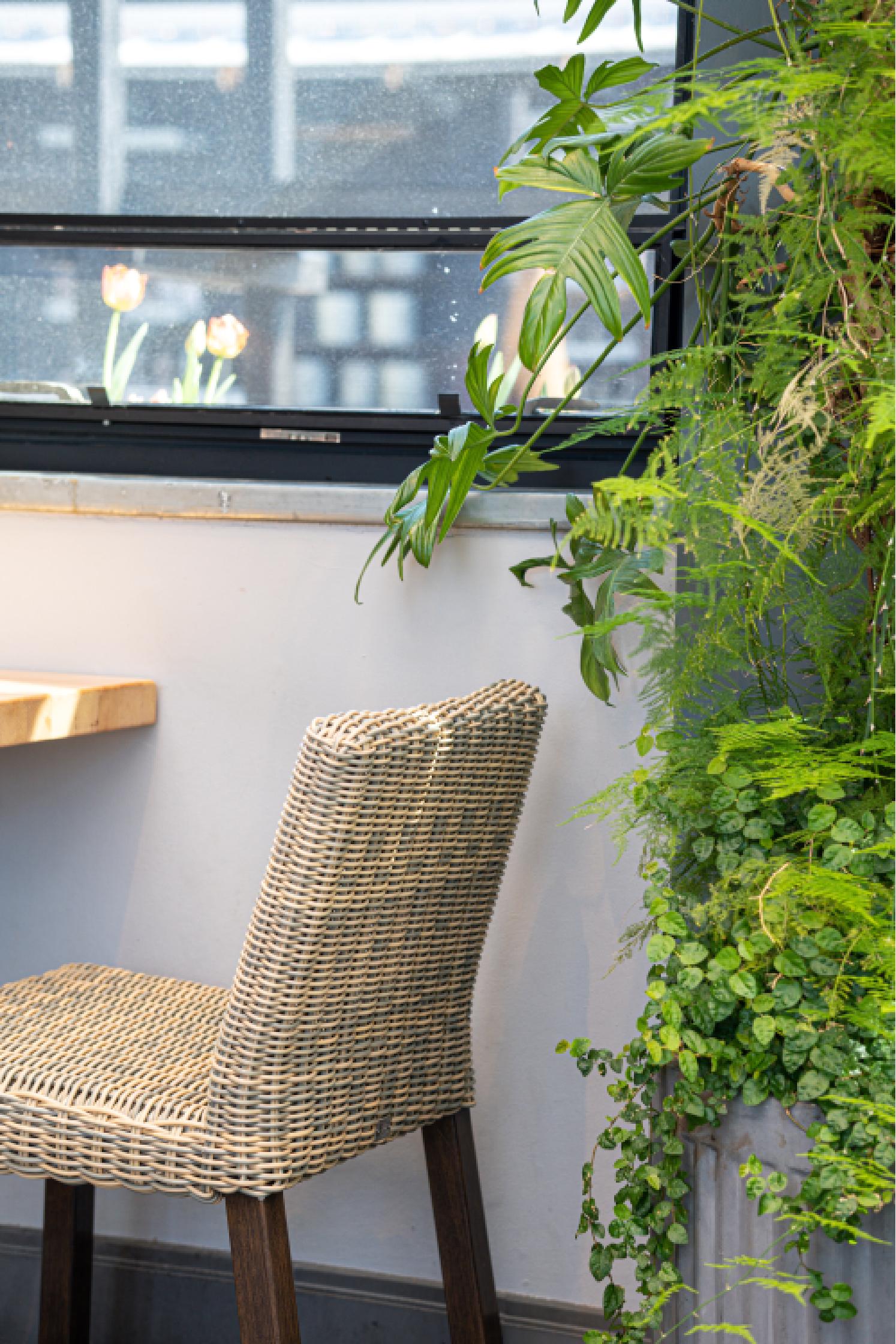
5. Certifications:
Scavolini holds certifications like ISO 14001, which reflects their commitment to environmental management practices. ISO 14001 sets guidelines for establishing an effective Environmental Management System (EMS) that addresses environmental impact and sustainability. By obtaining this certification, Scavolini demonstrates their adherence to international environmental standards and their dedication to continual improvement in environmental performance.

7. Green Building Practices:
Scavolini collaborates with architects, designers, and contractors involved in green building projects. Their products can contribute to earning points towards LEED (Leadership in Energy and Environmental Design) certification. LEED is a widely recognized green building rating system that promotes sustainable construction practices. By incorporating Scavolini’s environmentally friendly designs and materials into projects seeking LEED certification, professionals can enhance the overall sustainability of the building.
Certifications
ISO 14001
This certification demonstrates that Scavolini has implemented an effective Environmental Management System (EMS) that meets the international standards for environmental performance. ISO 14001 focuses on identifying and managing the environmental impact of an organization’s activities, products, and services.
Forest Stewardship Council (FSC)
Scavolini uses wood from certified sustainable sources. The FSC certification ensures that the wood used in Scavolini’s products comes from responsibly managed forests that meet strict environmental and social criteria.
JIS A 1460 - F (Japanese standard)
JIS is a set of standards established by the Japanese government to ensure product safety, quality, and performance. Scavolini, when exporting their products to Japan, needs to adhere to the relevant JIS standards for kitchen and bathroom furniture. These standards encompass various aspects such as materials, construction, durability, and safety requirements. By meeting JIS standards, Scavolini can demonstrate their commitment to producing high-quality products that align with the expectations and regulations in the Japanese market.
OHSAS 18001
OHSAS 18001 (Occupational Health and Safety Assessment Series) is an international standard for occupational health and safety management systems. It provides a framework for organizations to establish and maintain effective practices that ensure the health, safety, and well-being of their employees and stakeholders.
SUNLOUD
A project launched by Scavolini in October 2011, Sunload underscores the brand’s growing commitment to protecting and respecting the environment. The project included covering much of the Scavolini production area with photovoltaic panels to generate green energy.
Thanks to this photovoltaic system, Scavolini will have an estimated annual energy production of around 3,500,000 kWh, guaranteeing almost complete energy independence (around 80% of current consumption).
COSMOB
COSMOB is a logistics and distribution partner of Scavolini, specializing in the efficient warehousing, transportation, and distribution of Scavolini’s kitchen, bathroom, and living space products. Their collaboration ensures timely and reliable delivery to showrooms, authorized dealers, and customers worldwide, enhancing Scavolini’s reach and customer service capabilities.
EPA TSCA Title VI (US regulations)
The TSCA is a US federal law that regulates the manufacturing, importation, use, and disposal of chemicals in the United States. Scavolini, like any other company importing furniture into the US, needs to comply with the TSCA requirements. Under the TSCA, manufacturers must submit notifications for chemical substances used in their products, ensuring they are not harmful to human health or the environment. Scavolini must ensure that their materials and finishes used in kitchen and bathroom furniture comply with TSCA standards, thereby demonstrating their commitment to consumer safety and environmental protection.
CARB ATCM Phase 2 (Californian regulations)
CARB Phase 2 is a regulation implemented by the California Air Resources Board to reduce formaldehyde emissions from composite wood products, including furniture. Scavolini, when selling their products in California, must comply with CARB Phase 2 requirements. This regulation sets strict limits on formaldehyde emissions from wood-based materials used in furniture manufacturing. Scavolini must ensure that their products meet or surpass these emission standards by using compliant materials, adhesives, and finishes. Complying with CARB Phase 2 not only ensures compliance with California regulations but also promotes indoor air quality and the well-being of consumers.
